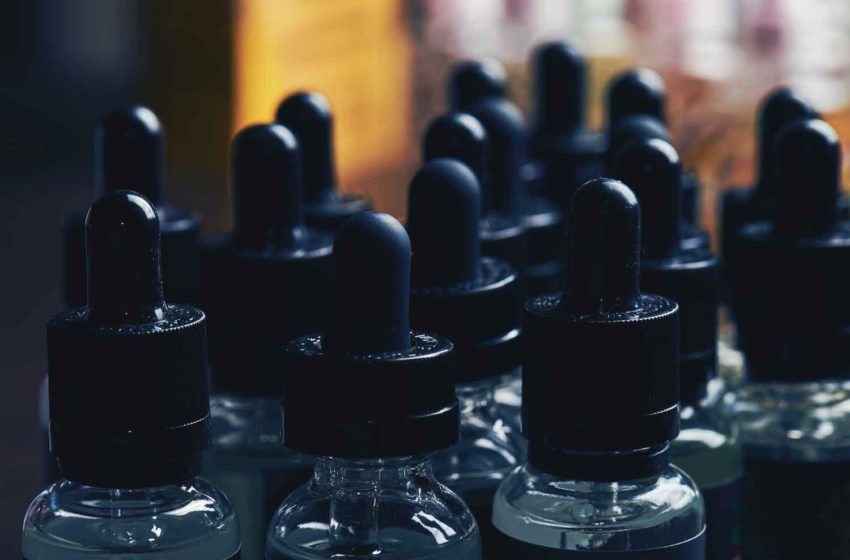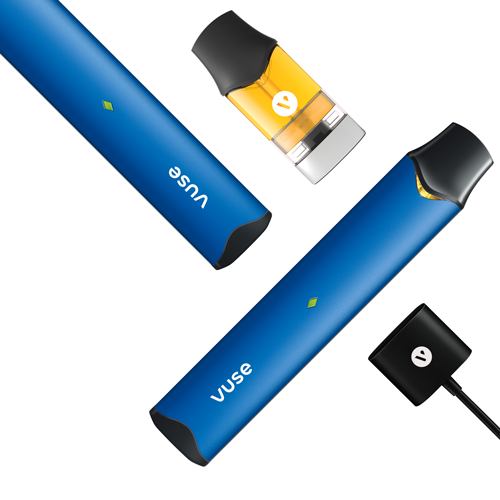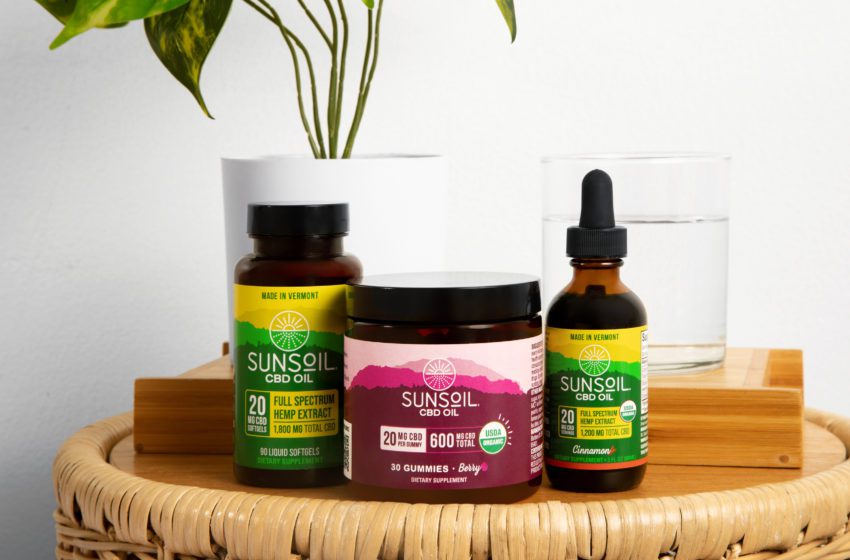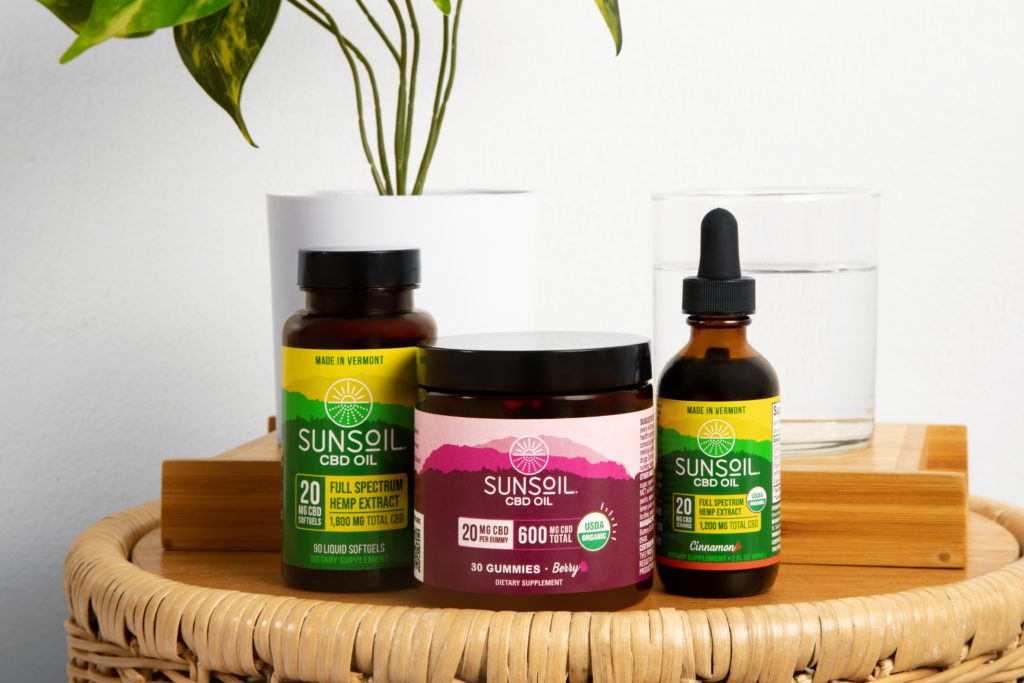
The Malaysian Substance Abuse Council (Masac) has recommended that only locally made vape liquids in sealed glass bottles be allowed for sale in the country, reports The Star. Using glass bottles will minimize the risk of undesirable substances being added, according to Masac’s secretary-general Raja Azizan Suhaimi.
A joint study by Masac, the Asian Center for Research on Drug Abuse and Universiti Sains Islam Malaysia found that teenage girls are increasingly using vape liquids laced with psilocybin, a psychoactive compound found in fungi such as “magic mushrooms.”
Raja Azizan suggested that the age limit for vaping should be raised from 18 to 21 to minimize the abuse of vape liquids, which may contain drugs. So far, only 10 manufacturers producing liquid nicotine are registered with the Customs Department, despite the registration deadline ending on April 30, 2023.
Masac also suspects that the three 13-year-old girls who were allegedly gang-raped by four teenagers in Kota Kinabalu on April 26, 2023, may have been given a vape liquid laced with psilocybin. The Malaysian government attempted to regulate the use of vapes among youth in October 2022 through the Tobacco and Smoking Control Bill, but it was referred to a Special Parliamentary Select Committee for refinement.
Prime Minister Datuk Seri Anwar Ibrahim revealed during the revised Budget 2023 in February that vape liquids containing nicotine are still illegally sold in the country with estimated sales of MYR2 billion.
Meanwhile, Health Minister Zaliha Mustafa has stated that the Generational Endgame Bill—a piece of legislation that aims to gradually raise the smoking age until it covers the entire population—will be expedited and retabled.




















